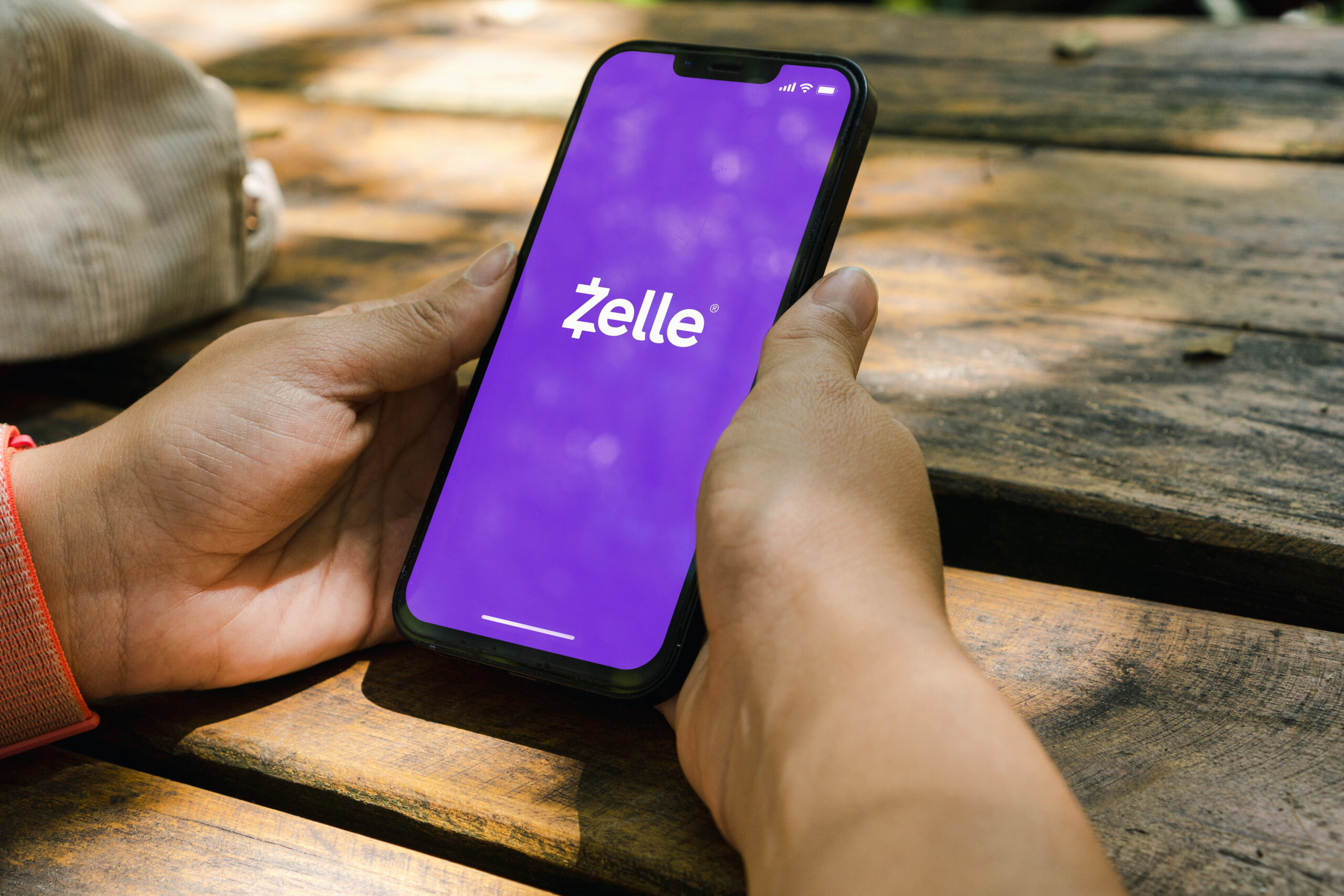In a significant development in the ongoing antitrust scrutiny of major tech companies, Google is facing off against Epic Games in a federal court in San Francisco. This is Google’s second antitrust trial in two months, as it continues to defend itself against allegations of anticompetitive behavior in the search and advertising markets.
Key Highlights
- Epic Games accuses Google of abusing its market power to harm competition in the mobile gaming industry
- Google denies the allegations and argues that its practices are fair and open
- The trial is expected to last for several weeks

Epic Games, the developer of the popular video game Fortnite, filed a lawsuit against Google in 2020, alleging that the company is abusing its dominant position in the Android app market to harm competition. Specifically, Epic accuses Google of forcing developers to use its in-app payment system, which takes a 30% cut of all transactions. Epic argues that this is a “blatantly anticompetitive act” that has stifled innovation and harmed consumers.
Google has denied the allegations and argued that its practices are fair and open. The company has said that the 30% commission is similar to what is charged by other app stores, such as Apple’s App Store. Google also argues that its practices have been instrumental in the success of the Android ecosystem, which has allowed developers to reach a vast audience of users.
The trial is expected to last for several weeks and will feature testimony from executives from both companies, as well as experts on antitrust law. The outcome of the case could have a significant impact on the Android app market and the broader tech industry.
Epic Games’ Allegations:
Epic Games alleges that Google has engaged in a number of anticompetitive practices, including:
- Requiring developers to use Google’s in-app payment system
- Distributing apps through its Google Play Store
- Restricting developers from communicating with users directly
- Using its dominant position in the search market to promote its own apps and services
Epic argues that these practices have harmed competition and consumers by:
- Increasing the cost of apps
- Reducing the quality of apps
- Limiting consumer choice
Google’s Defense:
Google has denied the allegations and argued that its practices are fair and open. The company has said that:
- It is not illegal for a company to require developers to use its in-app payment system
- The 30% commission is in line with industry standards
- Its practices have been instrumental in the success of the Android ecosystem
- Epic Games is simply trying to avoid paying its fair share
Potential Impact of the Trial:
The outcome of the trial could have a significant impact on the Android app market and the broader tech industry. If Epic Games is successful, Google could be forced to change its practices, which could benefit developers and consumers. However, if Google is successful, it could solidify its dominant position in the market and make it more difficult for new competitors to emerge.
The trial between Epic Games and Google is a major antitrust case that could have a significant impact on the tech industry. The outcome of the case will be closely watched by developers, consumers, and regulators around the world.









